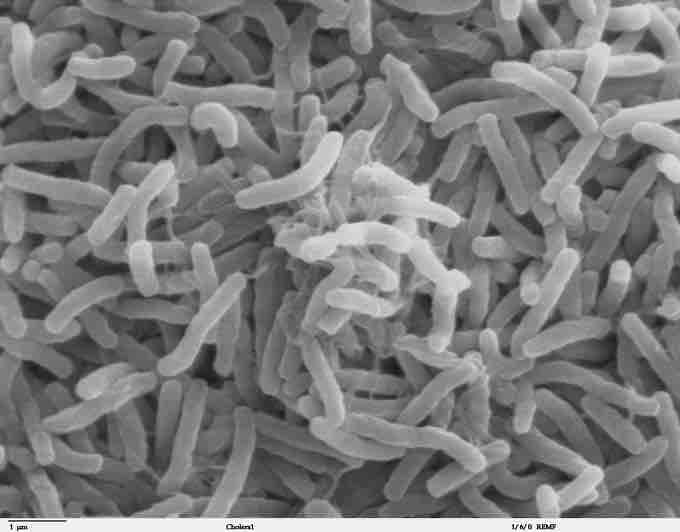Koch's postulates were developed in the 19th century as general guidelines to identify pathogens that could be isolated with the techniques of the day. Even in Koch's time, it was recognized that some infectious agents were clearly responsible for disease, even though they did not fulfill all of the postulates.
Currently, a number of infectious agents are accepted as the cause of diseases despite their not fulfilling all of Koch's postulates. Therefore, while Koch's postulates retain historical importance and continue to inform the approach to microbiologic diagnosis, fulfillment of all four postulates is not required to demonstrate causality.
Koch abandoned the requirement of the first postulate altogether when he discovered asymptomatic carriers of cholera and, later, of typhoid fever. Asymptomatic or subclinical infection carriers are now known to be a common feature of many infectious diseases, especially viruses such as polio, herpes simplex, HIV, and hepatitis C. Specifically, all doctors and virologists agree that the poliovirus causes paralysis in just a few infected subjects, and the success of the polio vaccine in preventing disease supports the conviction that the poliovirus is the causative agent.

Cholera bacteria
Scanning electron microscope image of Vibrio cholerae bacteria, which infect the digestive system.
The second postulate may also be suspended for certain microorganisms or entities that cannot (at the present time) be grown in pure culture, such as prions responsible for Creutzfeldt–Jakob disease.
The third postulate specifies "should", not "must", because as Koch himself proved in regard to both tuberculosis and cholera, that not all organisms exposed to an infectious agent will acquire the infection. Noninfection may be due to such factors as general health and proper immune functioning; acquired immunity from previous exposure or vaccination; or genetic immunity, as with the resistance to malaria conferred by possessing at least one sickle cell allele.
In summary, a body of evidence that satisfies Koch's postulates is sufficient but not necessary to establish causation.